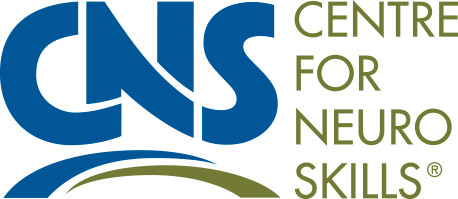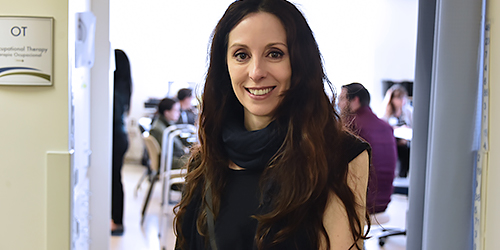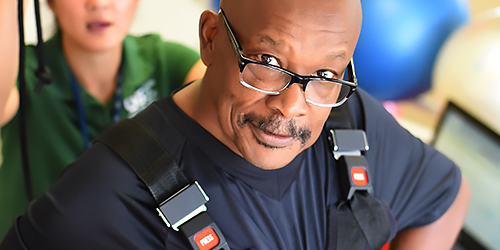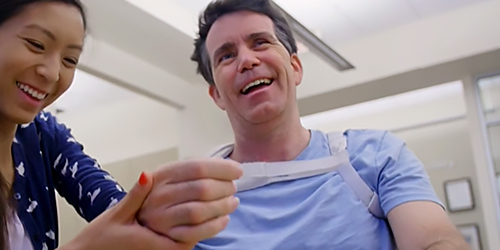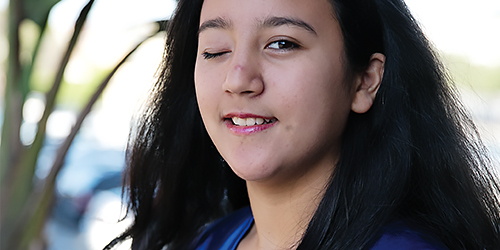Broad Strokes of Stroke
Stroke is the No. 5 cause of death, and a leading cause of disability in the US, and it can happen to anyone, at any time. It occurs when blood flow to an area of the brain is blocked. Without oxygen, brain cells begin to die and bodily control is lost in the areas controlled by that area of the brain.
A malady long associated with the elderly and smokers, it was assumed that if stroke occurred, permanent brain damage was inevitable. But stroke appears in a vast spectrum of people, and can be caused by substance abuse, stress, cardiac conditions, genetic abnormalities, and medical comorbidities. As thinking broadens about populations affected, beliefs about lifelong damage are also being reconsidered.
Centre for Neuro Skills has been treating stroke for more than 35 years, helping patients of all ages return to a productive life. When treated with individualized therapies and goal-oriented programs, the effects of stroke can be overcome. CNS focuses on rebuilding life skills, helping people to walk, speak, work, reason, and function in the world again.
